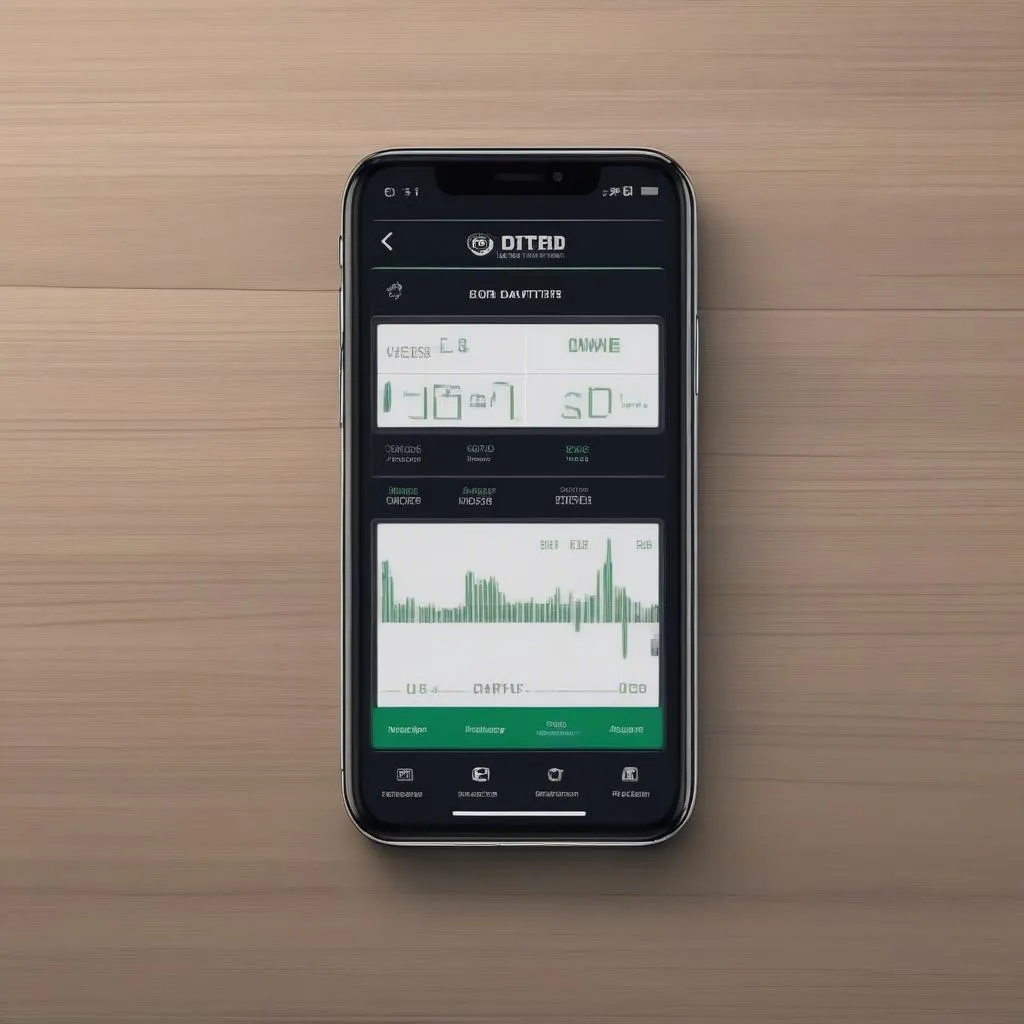Ever felt like your car was talking to you in a language you couldn’t understand? We’ve all been there. The dashboard lights flicker, the engine coughs, and your stomach drops as you wonder what’s going on. But what if you could understand your car’s whispers, its secrets, and its worries? That’s where an OBD adapter comes in, a revolutionary tool that bridges the gap between you and your vehicle.
Understanding the Importance of an OBD Adapter
Imagine you’re a doctor trying to diagnose a patient without the tools to understand their vitals. That’s the situation most car owners find themselves in, left to guess about their car’s problems. The OBD adapter, however, unlocks a treasure trove of information about your vehicle’s health. It’s like having a mini-doctor for your car, providing vital information that you can use to keep it running smoothly.
From a Mechanic’s Perspective
Imagine you’re a mechanic like myself, working on a customer’s car. I can plug in an OBD adapter and get a detailed picture of what’s going on under the hood. It shows me error codes, sensor readings, and data that helps me diagnose the problem quickly and accurately. It’s like having a roadmap to the source of the issue, saving me hours of troubleshooting.
From a Technical Perspective
An OBD adapter, short for On-Board Diagnostics, connects to a standard port found on most modern vehicles (usually under the dashboard). It acts as a translator, bridging the gap between your car’s computer and your smartphone, laptop, or diagnostic device. This allows you to access the vast amount of data stored within your car’s computer, a hidden treasure trove of information about everything from fuel consumption and engine performance to emissions and safety features.
What Information Can an OBD Adapter Provide?
An OBD adapter can unlock a wealth of information, providing insights into your car’s health and performance. Here’s a glimpse into what it can tell you:
- Error Codes: The dreaded “Check Engine” light can be a source of anxiety. An OBD adapter can reveal the specific codes behind the light, pinpointing the exact issue that’s causing the warning.
- Engine Performance: Need to know how your engine is performing? An OBD adapter can provide details about fuel consumption, engine load, and even RPMs.
- Sensor Readings: The adapter can access and display readings from a variety of sensors, providing insights into your vehicle’s performance, including temperature, speed, and voltage.
- Emissions: Eco-conscious? OBD adapters can help you monitor your vehicle’s emissions and identify potential problems that could affect your car’s performance and environmental impact.
How to Use an OBD Adapter?
The process is surprisingly simple. You simply plug the adapter into the OBD port, which is usually located under the dashboard, often near the steering column. Most adapters come with their own app or software, which you can download and connect to the adapter.
Choosing the Right OBD Adapter
With so many options available, selecting the right OBD adapter can be overwhelming. Consider your needs and preferences when making a decision. Here are some key factors to consider:
- Compatibility: Ensure the adapter is compatible with your vehicle’s make and model. Some adapters are compatible with all vehicles, while others are more specific to certain brands or models.
- Connectivity: Bluetooth adapters offer wireless convenience, while USB adapters provide a more traditional connection.
- App Features: Compare the features and functionalities of the apps that come with different OBD adapters. Some apps offer basic functionalities, while others provide advanced data logging, diagnostic capabilities, and even personalized recommendations.
Common OBD Adapter FAQs
What is the difference between an OBD1 and OBD2 adapter?
OBD1 was the first generation of On-Board Diagnostics, adopted in 1996. OBD2, introduced in 1996, is the standard used for most cars today. OBD2 adapters are more widely compatible and provide more detailed information than OBD1 adapters.
Can I use an OBD adapter to reset my car’s check engine light?
Yes, in most cases, an OBD adapter can help you reset the check engine light after you’ve addressed the underlying problem. However, it’s important to note that simply resetting the light doesn’t necessarily fix the problem.
Can I use an OBD adapter to reprogram my car’s ECU?
Reprogramming a car’s Engine Control Unit (ECU) is a complex process that requires specialized software and expertise. While some OBD adapters offer basic reprogramming capabilities, they’re not intended for extensive modifications.
Is it safe to use an OBD adapter?
OBD adapters are generally safe to use when purchased from reputable manufacturers. However, it’s important to choose adapters that are specifically designed for your vehicle and follow the manufacturer’s instructions.
OBD Adapters: A Powerful Tool for Car Owners
OBD adapters have become a must-have for anyone who wants to understand and maintain their car. It’s a powerful tool that can help you catch potential problems before they escalate, optimize your vehicle’s performance, and save you money on costly repairs.
 obd-adapter-app
obd-adapter-app
Looking for more?
Here are some related articles that might interest you:
- AC Adapter Obd
- Best Bluetooth OBD for iPhone
- Freematics OBD-II UART Adapter V1 for Arduino
- BT OBD Adapter
- Forscan and OBD-2 Adapter
Don’t hesitate to reach out to us via Whatsapp: +84767531508 for any questions or assistance in setting up your new diagnostic tool. We have a team of specialists ready to help you 24/7.
Conclusion
OBD adapters have revolutionized the way we interact with our vehicles. It’s no longer necessary to rely on expensive mechanics to understand your car’s health. With an OBD adapter, you can empower yourself with knowledge and take control of your car’s maintenance and performance.
We encourage you to share your thoughts and experiences with OBD adapters in the comments below. Let’s start a conversation about the future of car maintenance and how technology can make our lives easier.